Lutsk delegation participates in study visit to Portugal
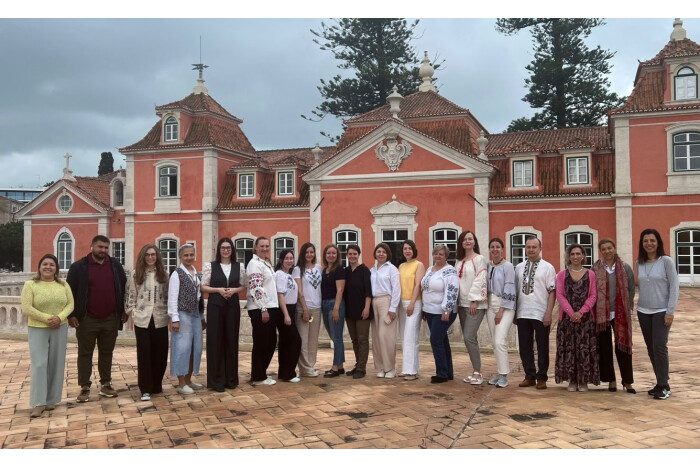
From May 3 to 10, 2025, a delegation from the Lutsk City Council took part in a study visit to the cities of Oeiras and Guimarães (Portugal) as part of the “Zero Waste Cities in Ukraine” project.
The project is supported by the LIFE program and implemented by a consortium that includes Ukrainian communities: Lutsk, Kherson, Pokrovsk, and Derhachi, along with municipalities, academic institutions, and civil society organizations from Portugal, Italy, Germany, and Belgium.
Representing the Lutsk City Council were Oksana Lysak, Head of the Ecology Department, and Anna Vintsiuk, Head of the Department of International Cooperation and Project Activities. Sofiko Sheshaberidze also took part on behalf of the project partner NGO “Zero Waste Lutsk.”
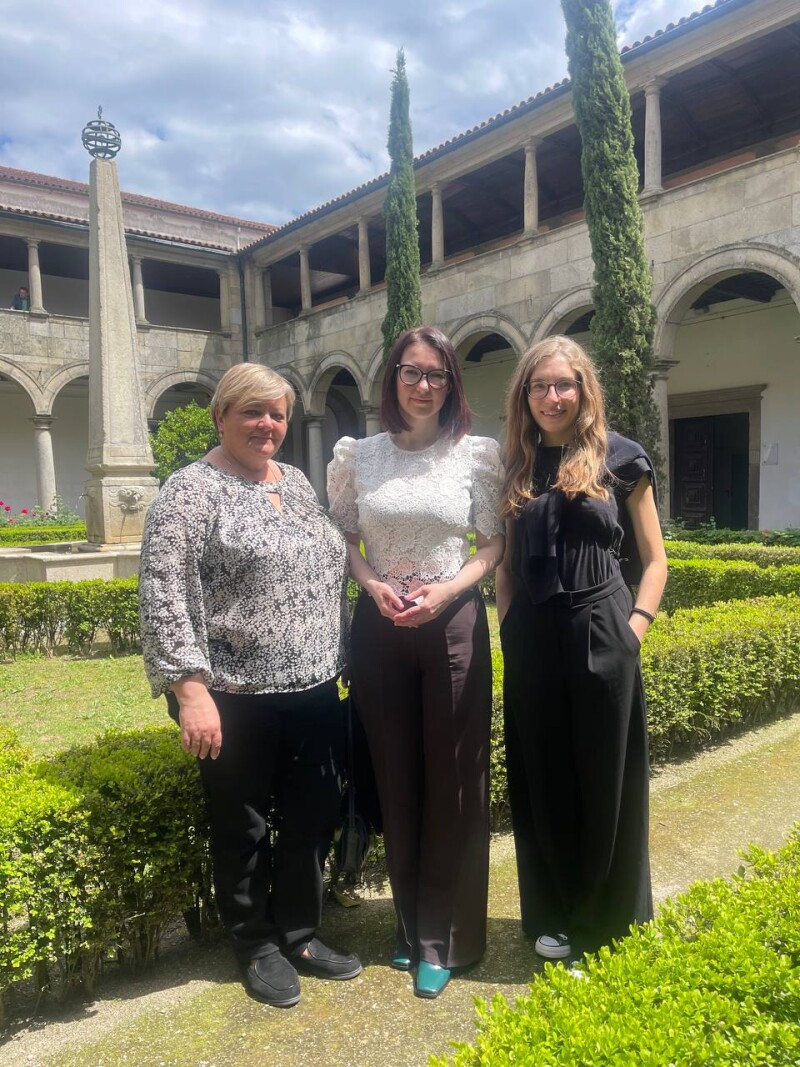
During the visit, representatives from the Oeiras municipality shared their experience and challenges in the area of waste management. Participants visited a mobile "ecocenter" for separate collection of recyclables, and learned about the local organic waste collection system, including underground containers and public engagement strategies. Site visits were organized to waste collection, sorting, and processing facilities, as well as to a waste incineration plant in Lisbon.
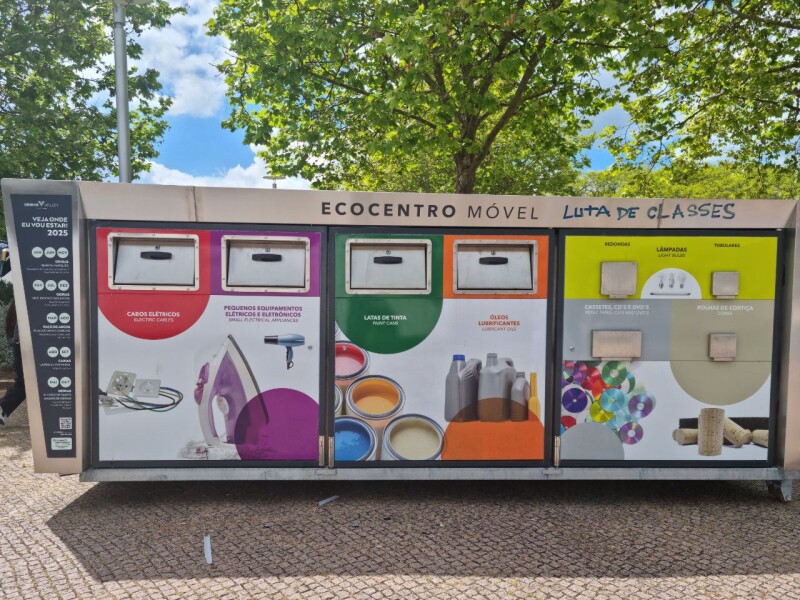
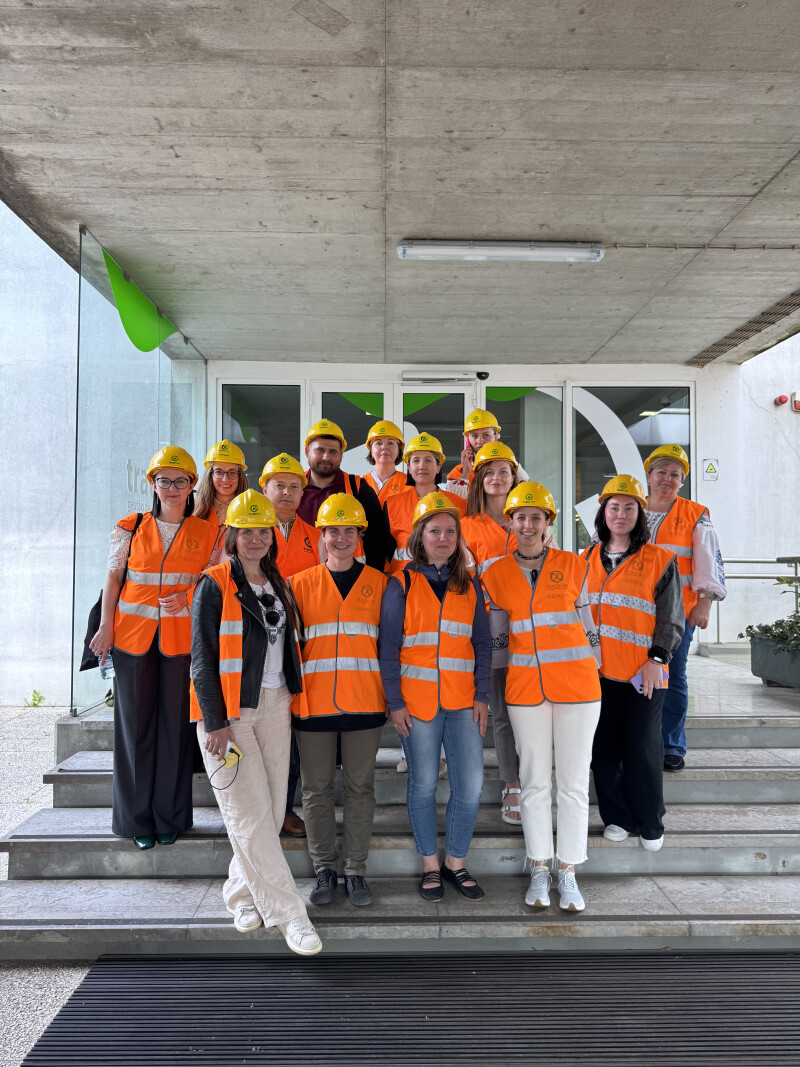
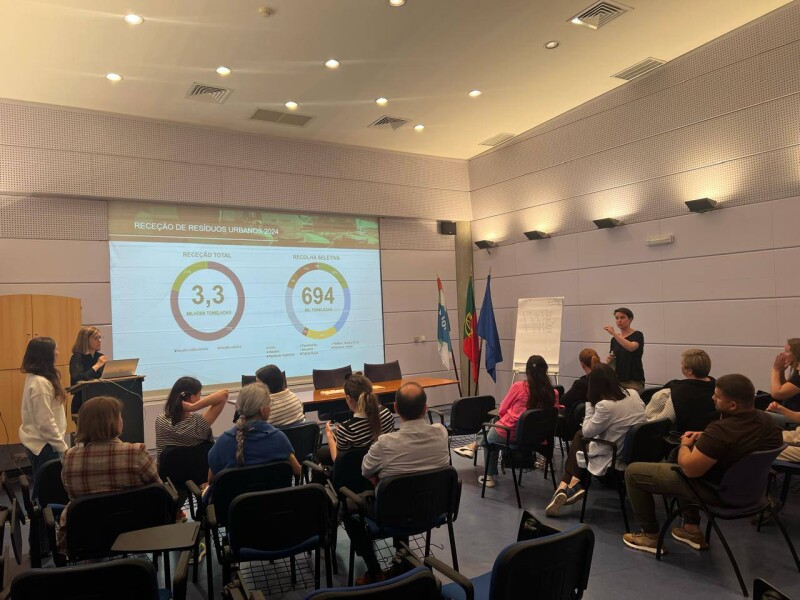
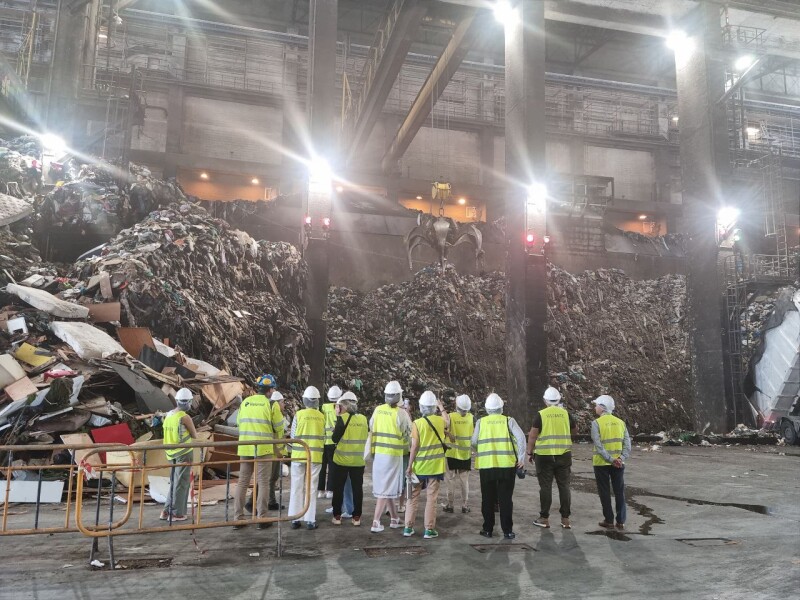
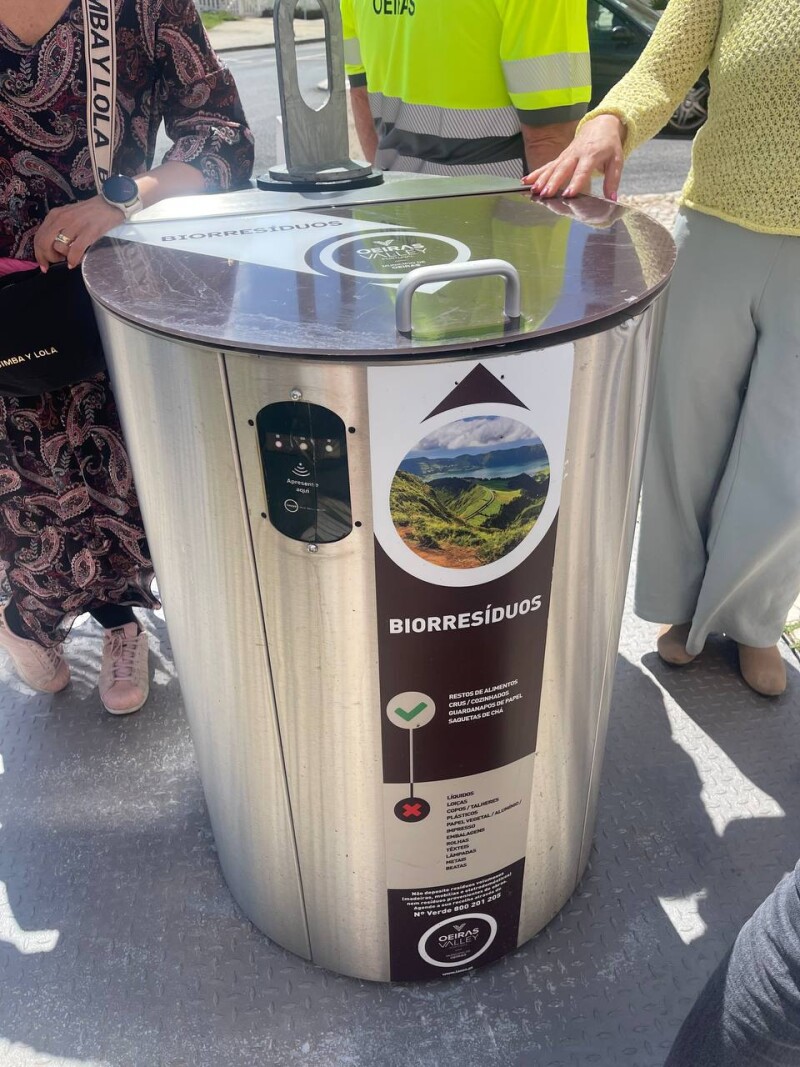

In the city of Guimarães, municipal officials shared their journey toward earning the title of “European Green Capital 2026.” The city is also among the EU’s list of 100 climate-neutral and smart cities to 2030.
Guimarães representatives described how they implemented and manage a “Pay-as-you-throw” waste system and how they communicate effectively with residents.
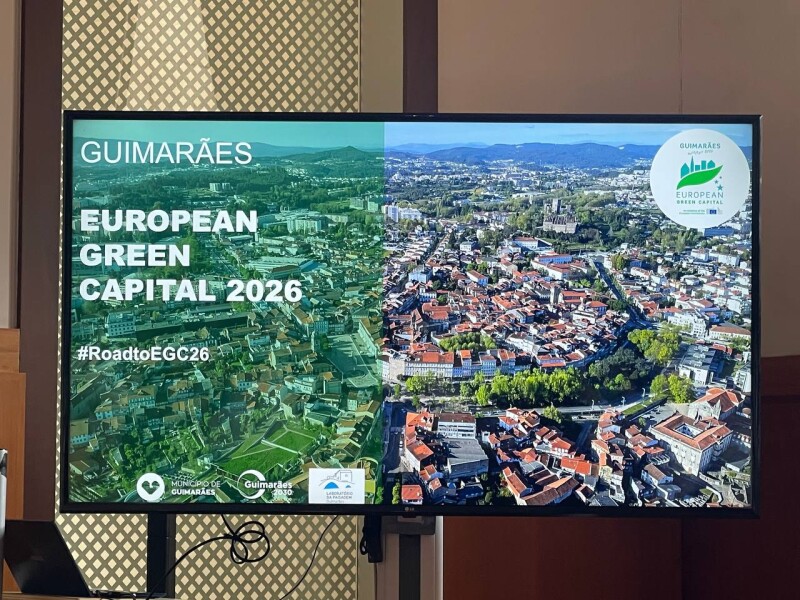
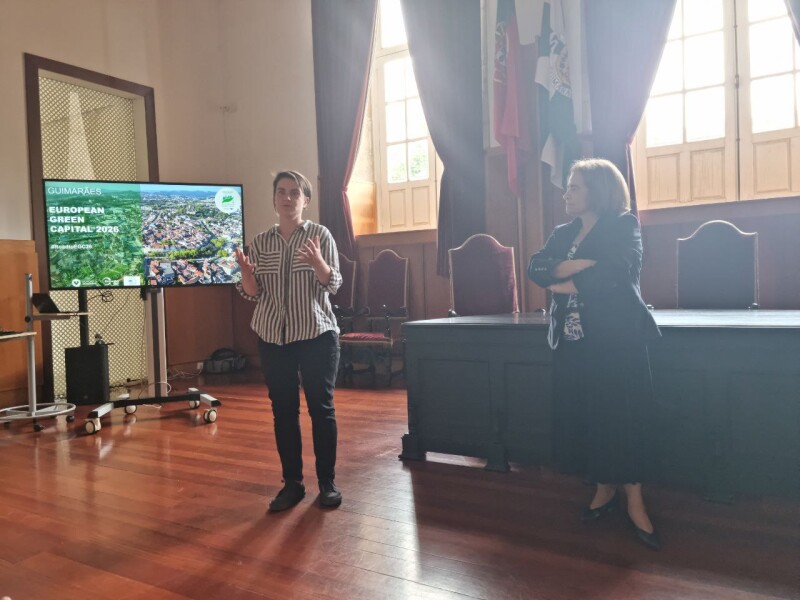
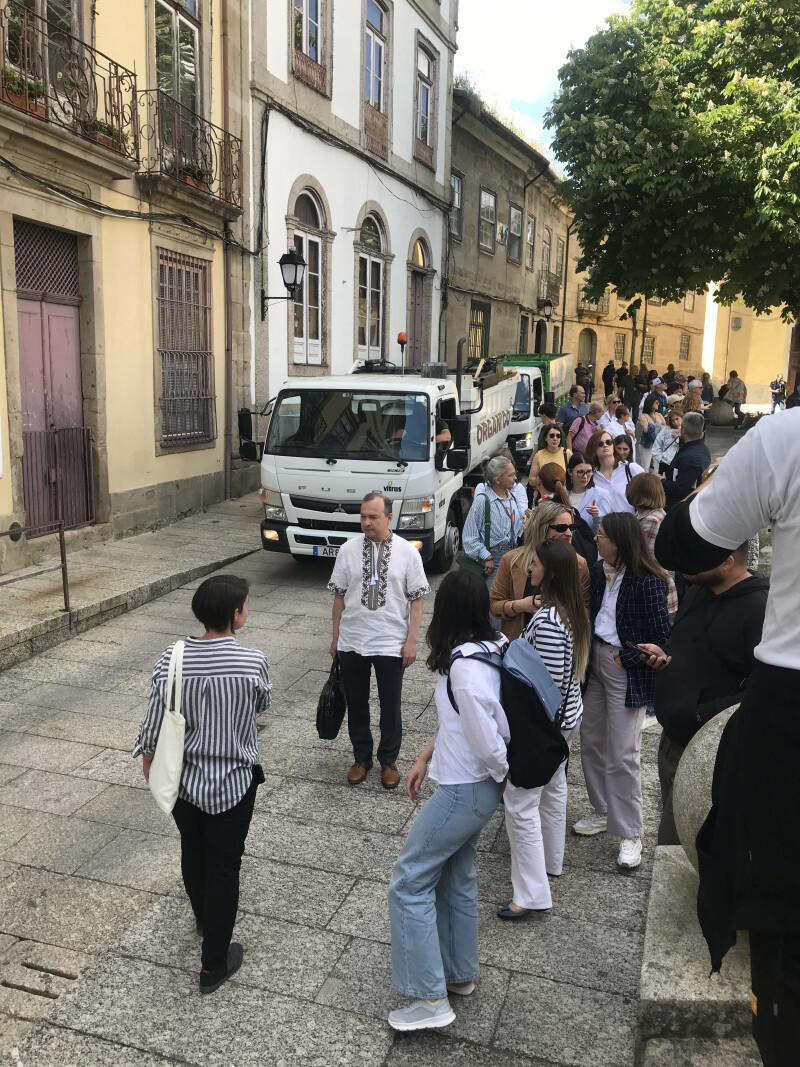
The team from Laboratório da Paisagem, a research and education center established by the municipality and the local university, presented their EU-funded initiatives in biodiversity, waste management, and environmental education. They highlighted projects such as composting promotion campaigns, the installation of containers for collecting chewing gum, coffee waste, and cigarette butts, water quality research, and carbon footprint assessments.
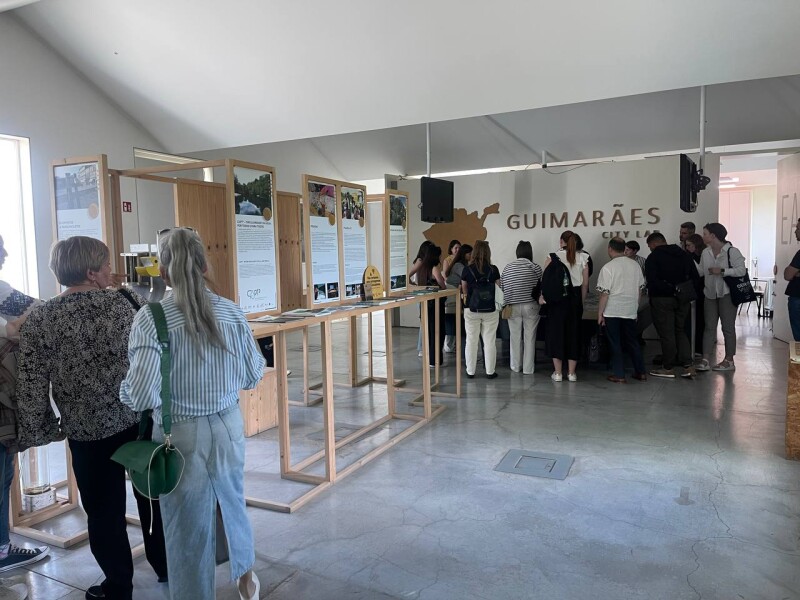
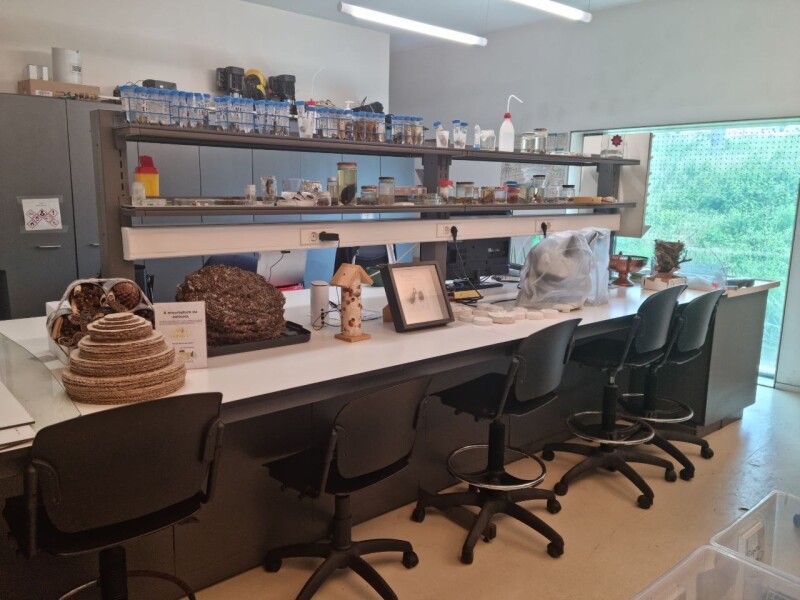
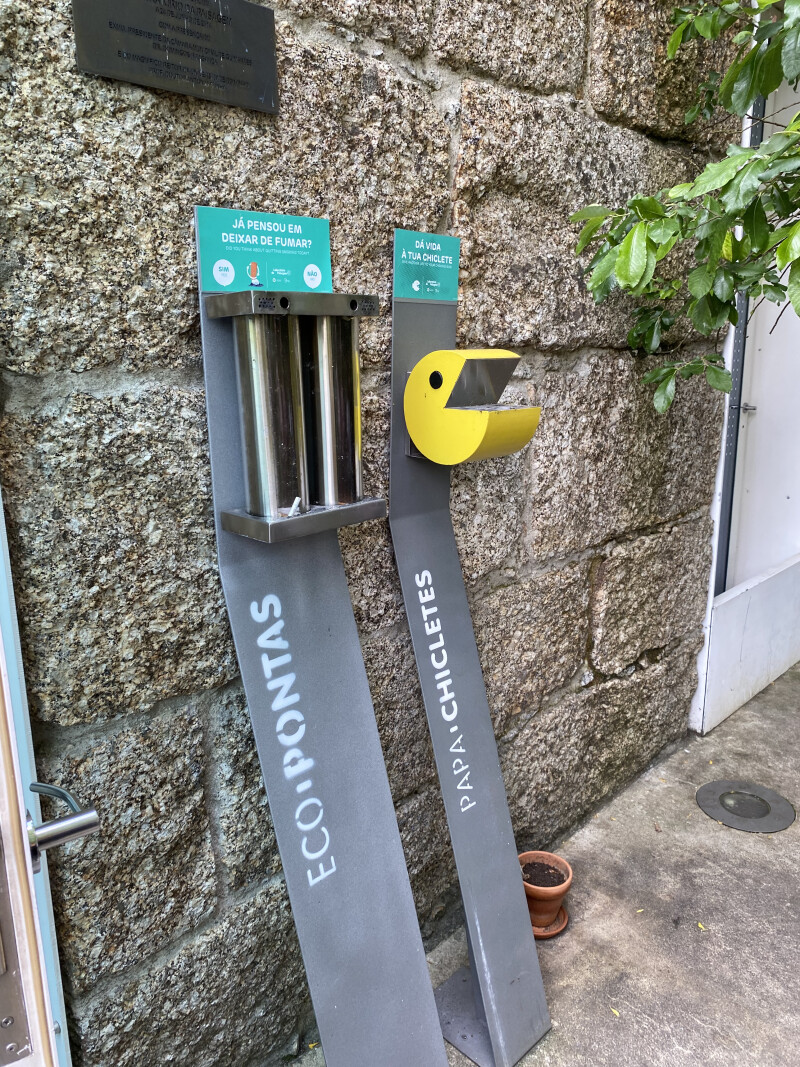

While visiting a park awarded the “Green Flag,” participants learned about biodiversity conservation measures and the use of sensor-based environmental monitoring. They also visited a municipal garden where residents can rent small plots of land at symbolic prices to grow their own vegetables. At a circular repair café, they saw how discarded items are repaired and redistributed to those in need.
The group also toured the Guimarães Gymnastics Training Center — a nearly energy-independent facility equipped with advanced technologies for energy efficiency, water supply, and ventilation.
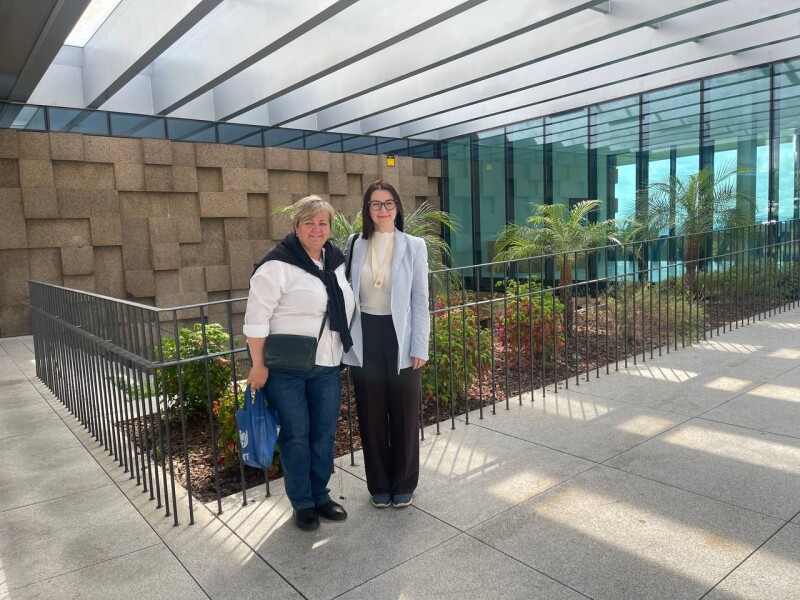
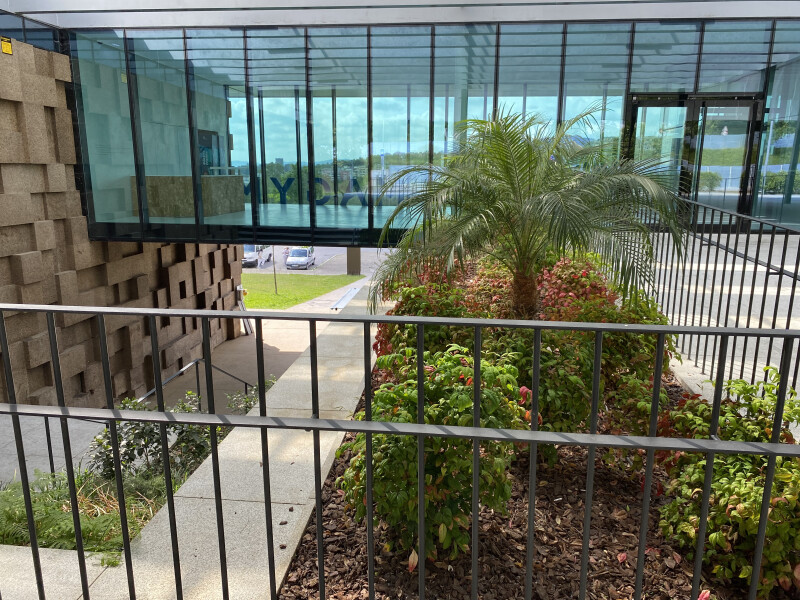
As part of the visit, working meetings were held with all partners involved in the “Zero Waste Cities in Ukraine” project. International experts are providing technical support to Ukrainian municipalities to improve their waste management systems, focusing on the Zero Waste approach. For Lutsk, expert guidance is being provided by Gabriele Folli, a representative from Parma, Italy. During these sessions, experts presented assessment reports on the current state and key challenges facing waste management systems in the four participating Ukrainian communities.
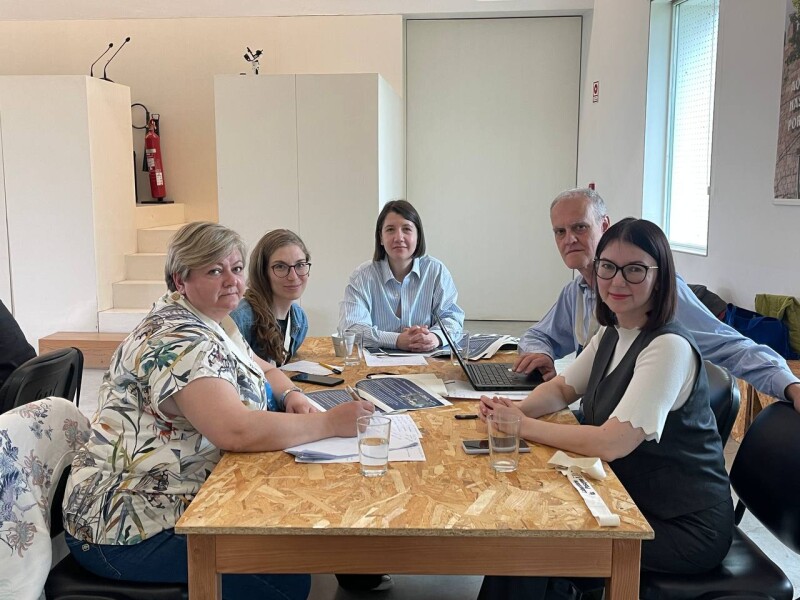
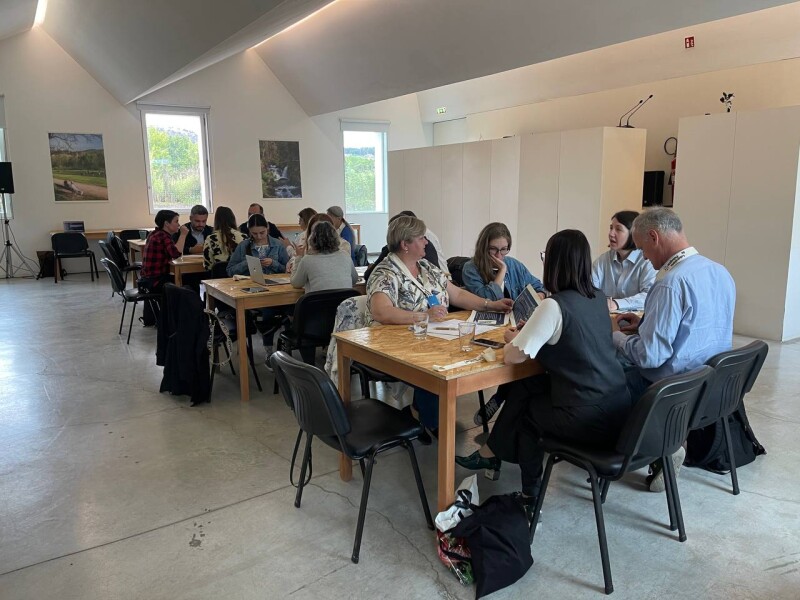
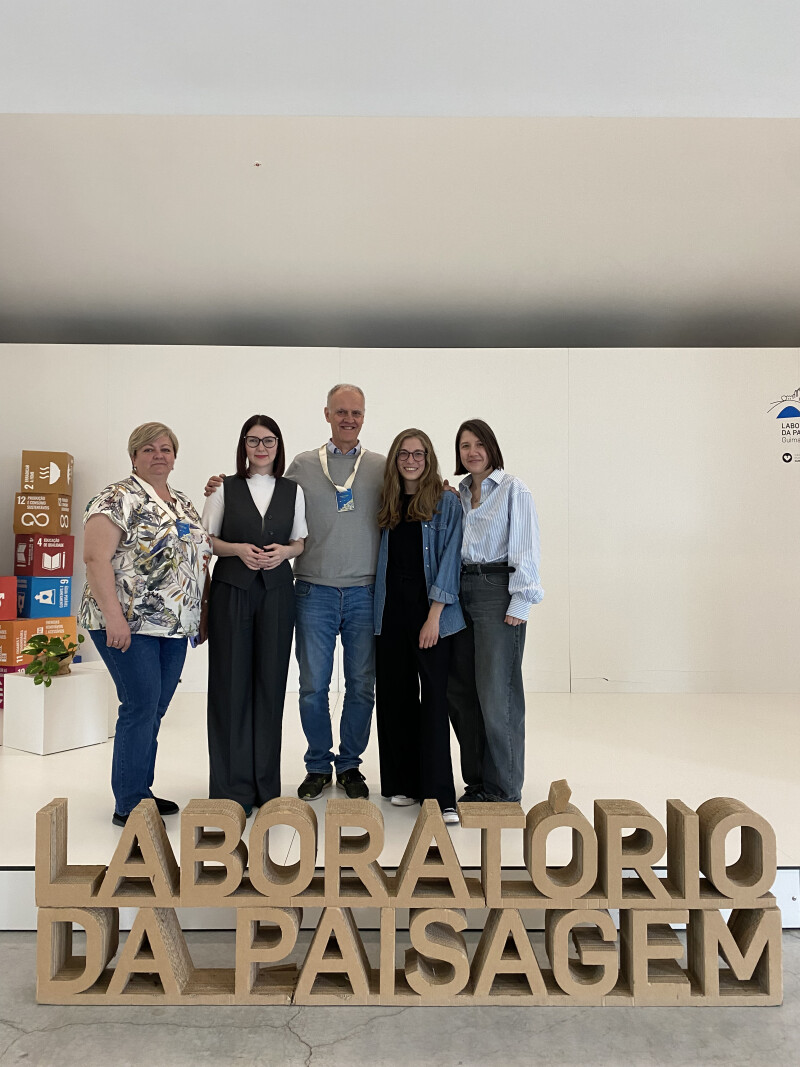
The visit served as a strong foundation for implementing the project, offering valuable insights and helping establish new multilateral partnerships.
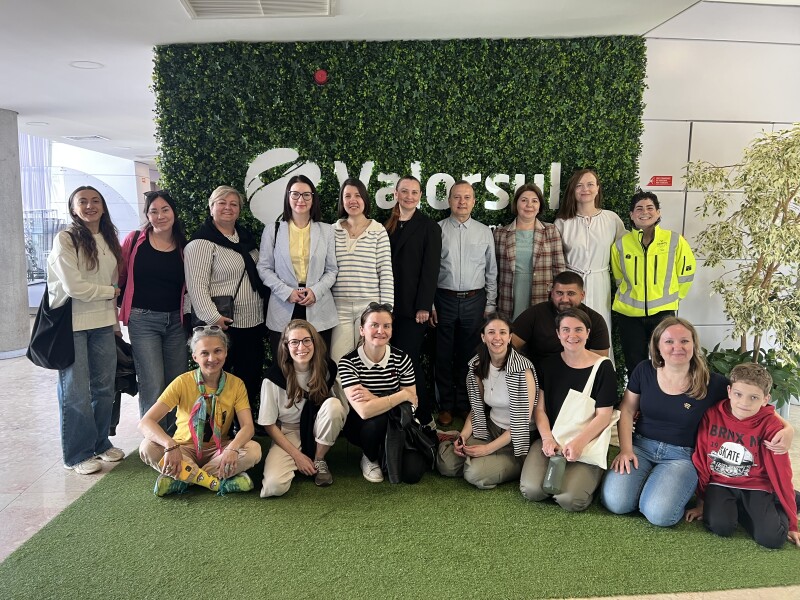
The “Zero Waste Cities in Ukraine” project is co-financed by the European Union. The views and opinions expressed in this publication are solely those of the author(s) and do not necessarily reflect those of the European Union or CINEA. Neither the European Union nor the granting authority is responsible for them.
#LIFEproject #LIFEprogramme #LIFEAmplifiers #LIFEZWCinUA
Department of International Cooperation and Project Activities
